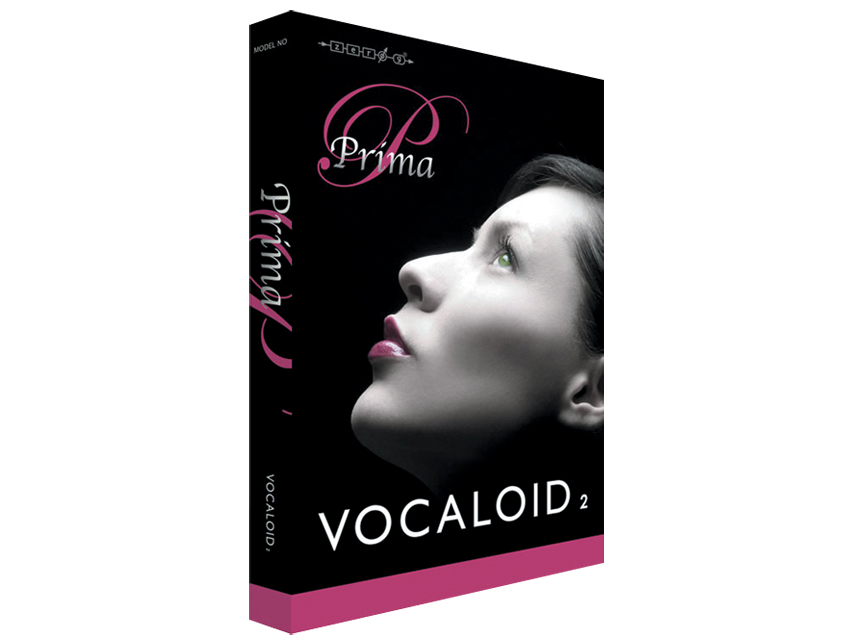MusicRadar Verdict
A handy piece of kit, but you'll need patience to get the best results.
Pros
- +
Soprano sounds reasonable.
Cons
- -
Fiddly. PC only.
MusicRadar's got your back
In line with their license it to third-party developers approach, we're now starting to see some version 2 packages appear.
Prima is UK company Zero G's first in this format. However, rather than cover similar territory, it focuses on the classical arena.
Modelled on the voice of a professional soprano opera singer, the sound (and, we would suggest, the uses) are therefore slightly different to previous versions.
From a technical perspective, the application is still Windows-only (although not backwards compatible with v1). In addition to the full 16-part standalone editor, you now get a real-time VSTi plug-in.
This combines lyric input (in advance) with real-time keyboard playback (four-note polyphony), so you can play phrases on the sly.
For full flexibility, programming in the standalone version is still the best bet, though. You can hook this up to your main sequencer using ReWire, or by exporting the special MIDI files for the playback VSTi. Exporting WAV files is also an option.
In use
Vocaloid 2 has a more streamlined interface than previous iterations, and renders the results more quickly, but the method of phrase construction is very similar.
This means pitched words are built from vowel and consonant sounds that are then modified with vibrato and expression factors.
Then, during playback, additional parameters can be automated (velocity, breathiness, dynamics and so on).
You might think that a solo operatic soprano is a bold move for a Vocaloid 2 package, but the 'trained' nature of classical singing lends itself to this system.
Overall, Prima is capable of reasonable results, but its classical soprano voice limits its uses. Frustratingly, it still takes time to make things sound acceptable. Even so, it's useful for sketching out parts.
Computer Music magazine is the world’s best selling publication dedicated solely to making great music with your Mac or PC computer. Each issue it brings its lucky readers the best in cutting-edge tutorials, need-to-know, expert software reviews and even all the tools you actually need to make great music today, courtesy of our legendary CM Plugin Suite.
“We were arguing a lot and we were miserable”: How Green Day exceeded expectations with their most ambitious song
"There’s plenty for us guitarists to learn – and ‘less is more’ is the overriding lesson": how to play like George Harrison on The Beatles' Abbey Road
“They didn’t like Prince’s bikini underwear”: Prince’s support sets for the The Rolling Stones in 1981 are remembered as disastrous, but guitarist Dez Dickerson says that the the crowd reaction wasn’t as bad as people think











